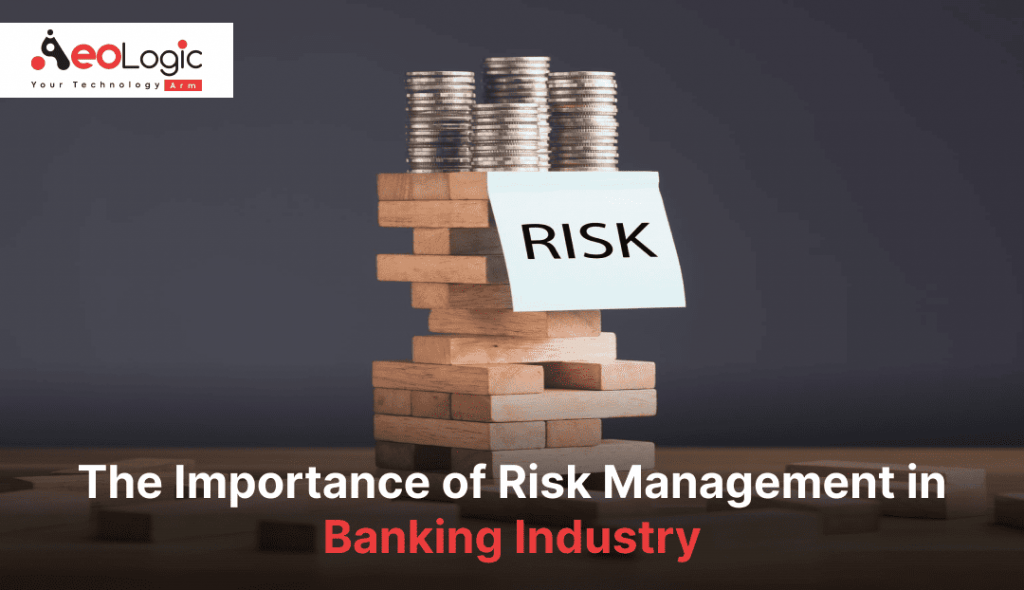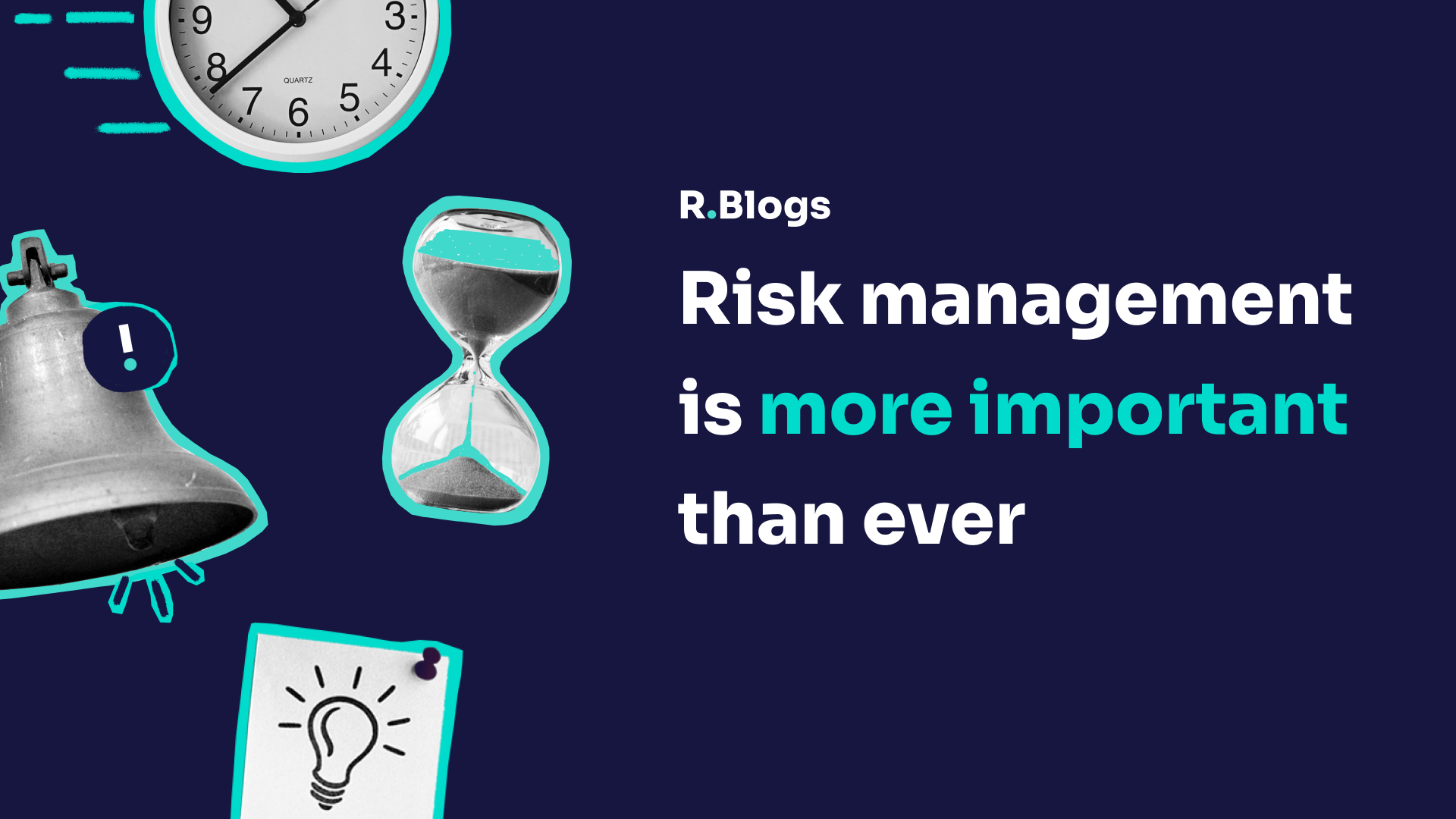Why the Importance of Risk Management Cannot Be Ignored in Today’s Economy
Why the Importance of Risk Management Cannot Be Ignored in Today’s Economy
Blog Article
The Relevance of Recognizing the Importance of Risk Management in Various Industries

The Core Principle of Risk Management and Its Purpose
Risk Management, the foundation of many industries, pivots on the identification, examination, and mitigation of unpredictabilities in an organization environment. It is an essential technique that enables companies to secure their possessions, reputation, and total survival. By appropriately determining possible threats, businesses can establish techniques to either stop these dangers from occurring or decrease their influence. The analysis procedure involves examining the possibility and potential seriousness of these threats. The mitigation procedure includes designing techniques to lower their potential impact once threats have been identified and evaluated. This process is intermittent and ongoing, ensuring that businesses are prepared for the ever-changing nature of Risk in various sectors. The key objective, hence, is to foster durability among unpredictabilities.
Advantages of Executing Risk Management in Service Procedures

Unveiling the Role of Risk Management in Different Industries
While every sector challenges its unique collection of risks, the application of Risk Management strategies remains a common denominator in their quest of sustainability and growth. In the medical care market, Risk Management involves guaranteeing individual security and information protection, while in financing, it includes mitigating investment dangers and making sure regulative conformity (importance of risk management). Building and construction companies concentrate on worker safety and security, job delays, and budget plan overruns. In the technology market, business minimize cybersecurity threats and technology obsolescence. Inevitably, the role of Risk Management throughout sectors is to identify, evaluate, and minimize risks. It is a necessary element of critical planning, making it possible for organizations to shield their assets, maximize chances, and accomplish their objectives.
Real-life Situation Researches Showing Effective Risk Management
To recognize the value of Risk Management in these several fields, one can aim to numerous real-life instances that show the successful application of these measures. For circumstances, in the power field, British Oil created Risk mitigation prepares post the 2010 Gulf of Mexico oil spill. They carried out much better safety treatments and more stringent laws which dramatically decreased more accidents. In a similar way, in finance, Goldman Sachs effectively navigated the 2008 financial dilemma by determining prospective mortgage-backed securities dangers early. Last but not least, Toyota, post the 2011 earthquake in Japan, changed its our website supply chain Management to reduce disruption threats. These situations demonstrate just how industries, picking up from crises, properly used Risk Management strategies to lower future threats.
Future Fads and Developments in Risk Management Methods
Cybersecurity, once an outer concern, has actually catapulted to the center of Risk Management, with strategies focusing on action, detection, and avoidance. The combination of ESG (Environmental, Social, Governance) factors right into Risk Management is one more expanding trend, showing the raising acknowledgment of the duty that social and environmental dangers play in organization sustainability. Hence, the future of Risk Management exists in the blend of sophisticated innovation, ingenious techniques, and a holistic method.
Final thought
To conclude, comprehending the importance of Risk Management throughout a range of sectors is essential for their longevity and prosperity. Customized techniques can aid minimize prospective dangers, secure properties, and foster stakeholder trust. Additionally, aggressive decision-making aids in governing compliance and enhances source use. Inevitably, successful Risk Management adds to a lot more sustainable and durable organizations, highlighting the importance of this practice in today's vibrant and highly competitive business environment.
While every market challenges its unique set of risks, the implementation of Risk Management methods remains a common denominator in their search of sustainability and development. In the healthcare sector, Risk Management requires ensuring person safety and security and data protection, while click reference in financing, it includes mitigating investment risks and making sure regulatory compliance. Inevitably, the duty of Risk Management throughout sectors is to identify, examine, and mitigate dangers. These instances demonstrate how industries, learning from crises, efficiently used Risk Management strategies to minimize future risks.

Report this page